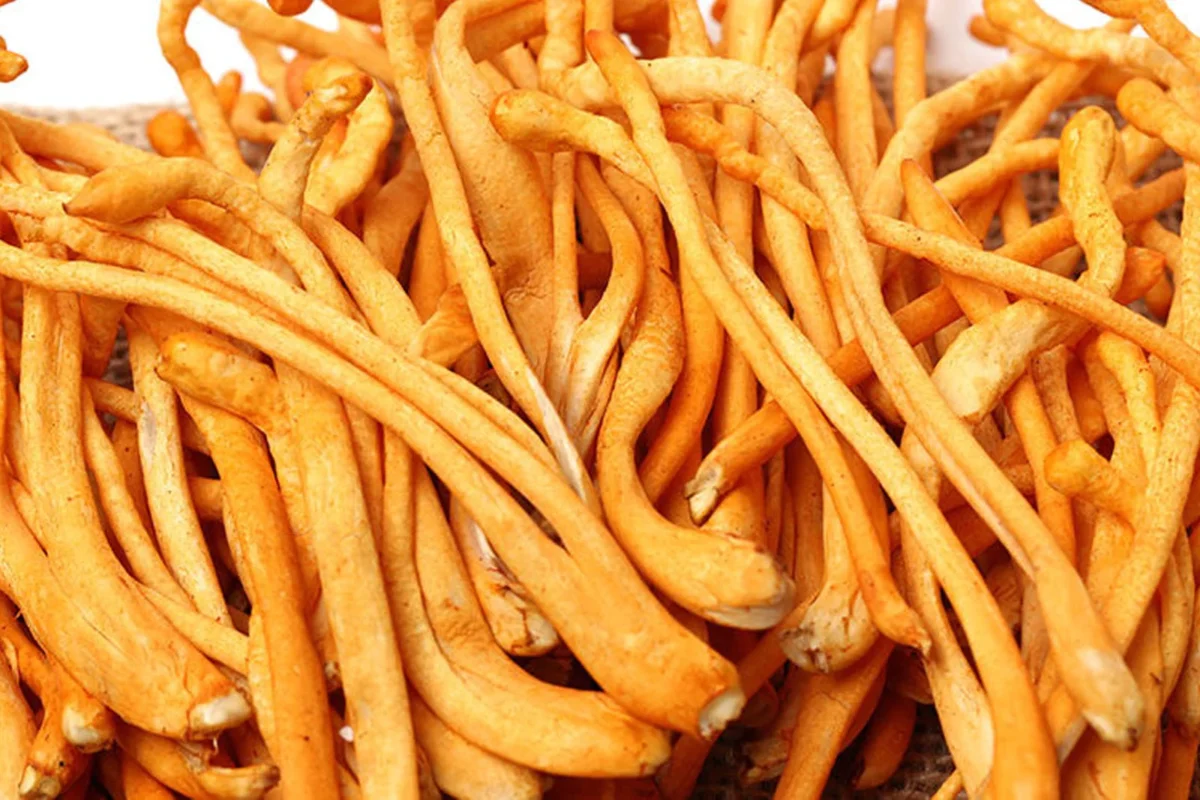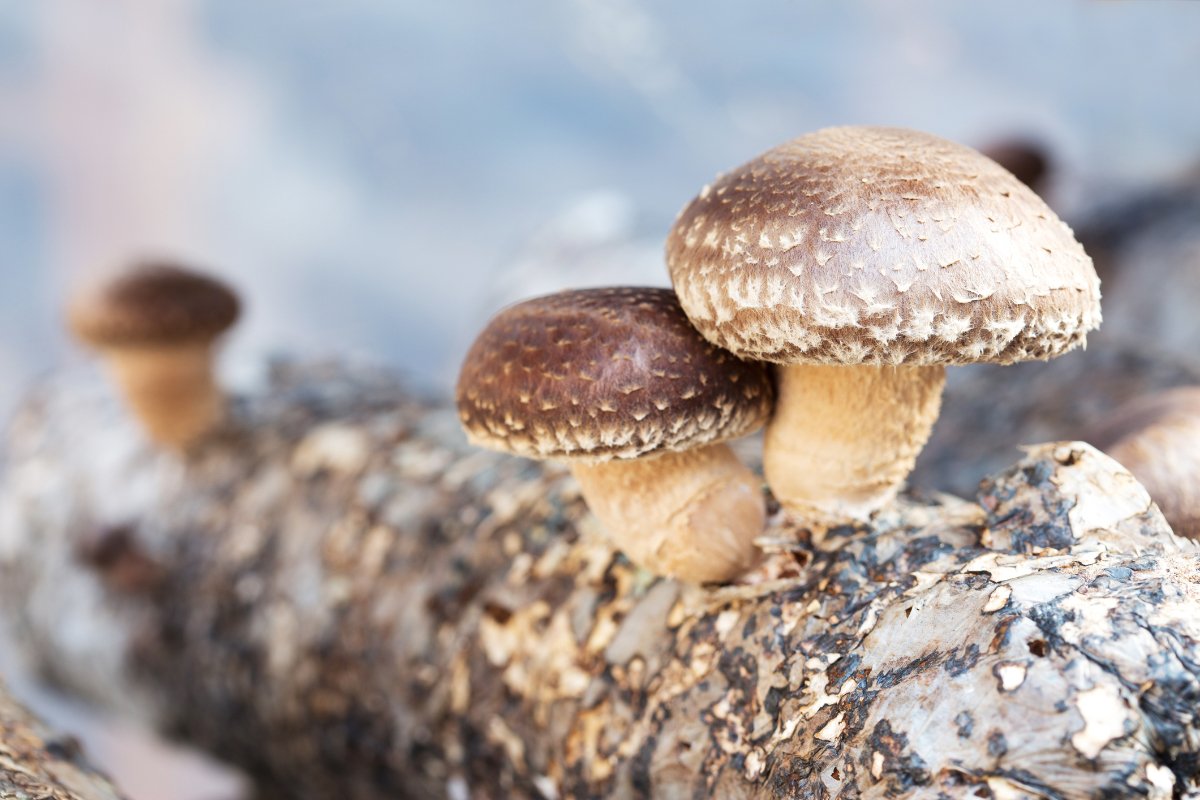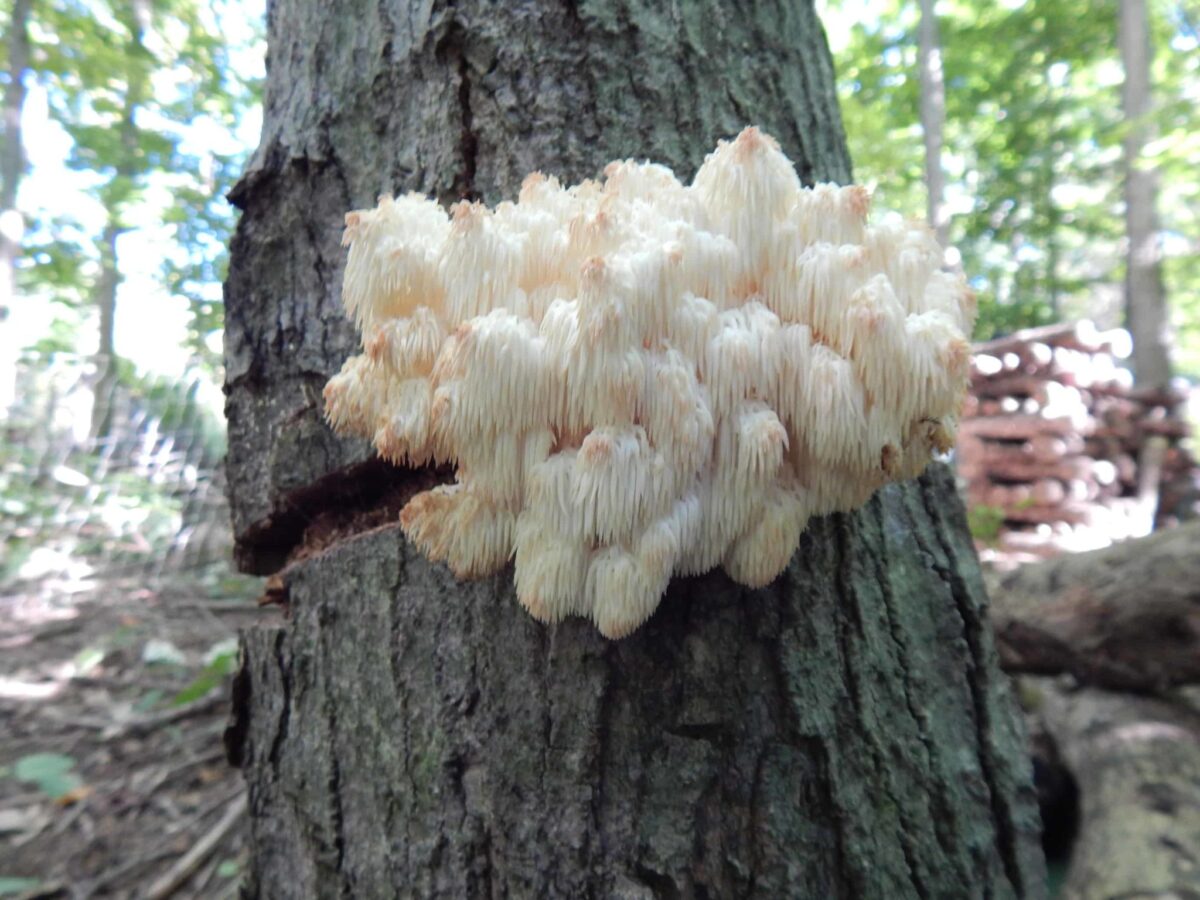Lion’s Mane, or Hericium erinaceus, is a functional mushroom native to regions of Asia, Europe, and North America. Historical records trace its use back to around 600–700 AD in ancient Chinese texts. Throughout East Asia, including China, Korea, and Japan, Lion’s Mane was traditionally consumed as part of health-promoting practices and associated with longevity and mental sharpness long before it reached the West. Depending on local culture and language, this mushroom has been known by many names such as pom pom mushroom, monkey head mushroom, bearded tooth mushroom, and bearded hedgehog mushroom.
Lion’s Mane was also historically referred to as “Mountain Priest” in parts of Asia, a nod to its status as a valued mushroom among Buddhist monks and nobility. In traditional Chinese and Japanese medicine, it was incorporated into wellness routines and revered as a tonic mushroom. Eastern folklore even claimed that those who consumed Lion’s Mane would gain strong nerves and excellent memory—an expression of the mushroom’s long-standing association with cognitive support.
Visually, Lion’s Mane is a white, globe-shaped fungus with cascading spines, giving it the appearance of an actual lion’s mane. In the wild, it can be found on hardwood trees such as birch, maple, oak, walnut, and sycamore, particularly in undisturbed forests across Asia, Europe, and North America. In Canada and the United States, it typically emerges in late summer to fall, appearing on dead logs or within wounds of living trees. Though it grows naturally, Lion’s Mane can also be cultivated at home with the right environment and techniques.
This mushroom is edible and enjoyed for its mild, slightly sweet, seafood-like flavour. It typically ranges in size from a softball to a volleyball. While it is safe to consume raw, cooking Lion’s Mane is recommended to enhance both its taste and digestibility. Cooking may also increase the bioavailability of certain beneficial compounds.
Lion’s Mane contains naturally occurring compounds such as polysaccharides, erinacines, hericerins, alkaloids, and lactones. These compounds are being studied for their potential to support general neurological health and antioxidant activity. Preclinical research suggests Lion’s Mane may influence levels of Nerve Growth Factor (NGF), a protein involved in the maintenance of nerve cells. While promising, more research is needed to confirm its effects in humans.
Lion’s mane is also great to support overall immunity and enhance your health and wellness. You can know more about the benefits of Lion’s Mane Mushroom here. You can also learn how Lion’s Mane improves your brain health here.
At Organic Mushrooms, we offer the goodness of Lion’s Mane mushrooms as health supplements in the form of capsules, tinctures, supplement gummies and extract powder.




